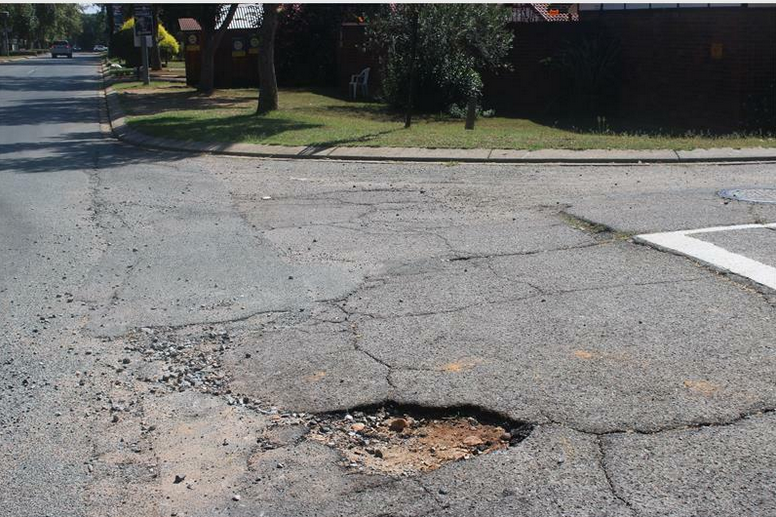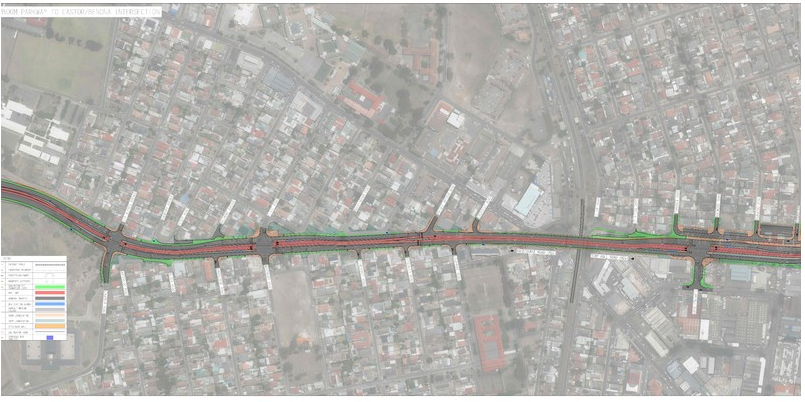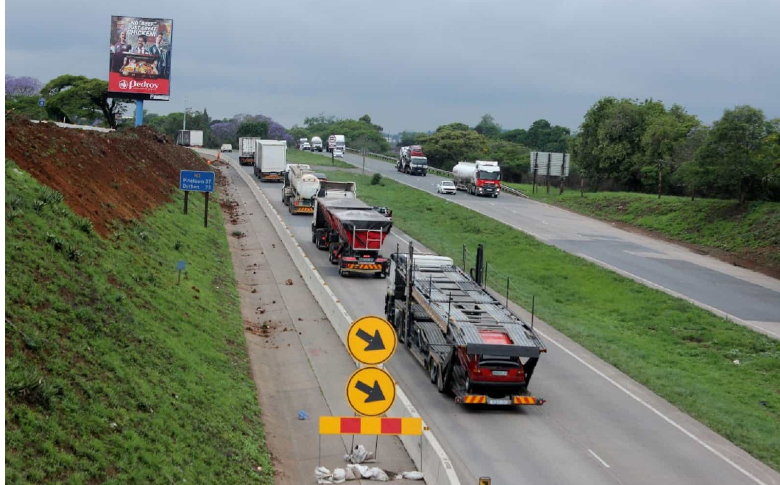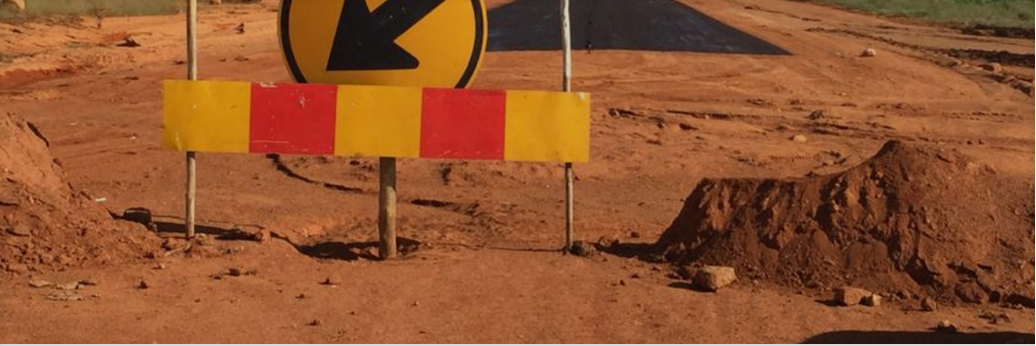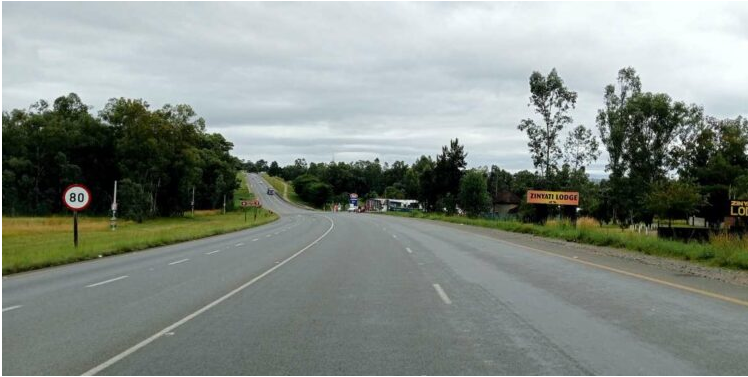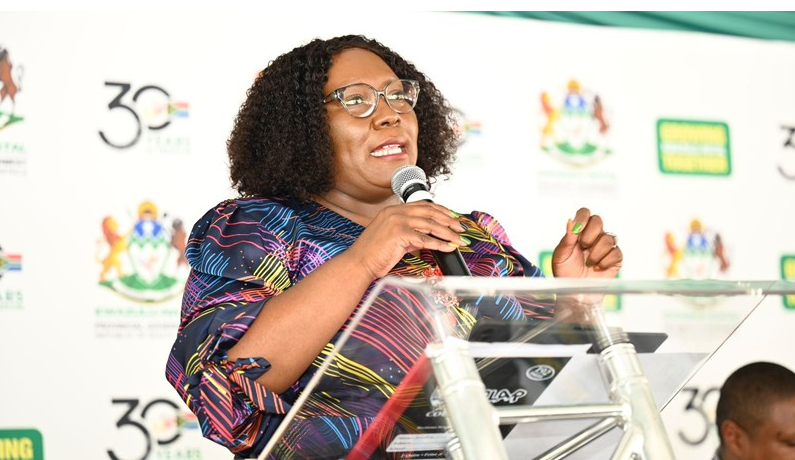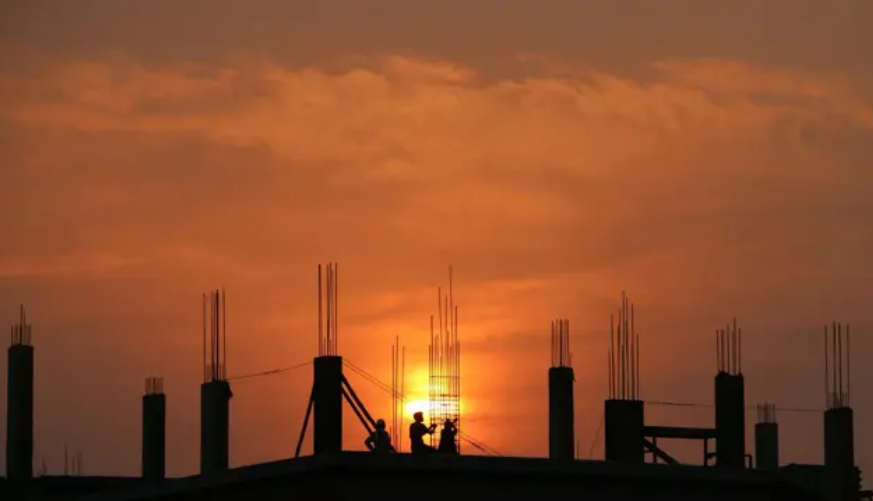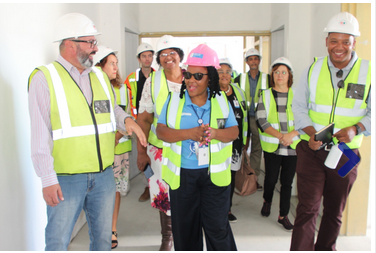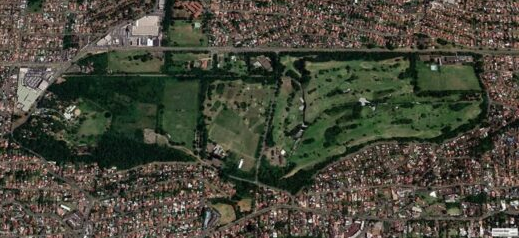Public private partnerships may be the answer to SA’s water woes

19-09-2018
Read : 64 times
Infrastructure News
Source
Public Private Partnerships (PPPs) at local, provincial and national government level could help to drive water infrastructure forward, according to construction and technology law firm MDA Attorneys.
“With maintenance backlogs causing problems and a widening gap between water supply and demand, we need a new approach that brings together the private and public sectors,” says Ian Massey, a consultant to MDA.
“It has been a bleak time for the construction sector, but PPPs provide opportunities to bring private sector expertise and urgency to deliver much needed water infrastructure while ensuring sustainability for public institutions.
“We need to explore scenarios like desalination to take advantage of our long coastline and more deeply engage on the second phase on the Lesotho Highlands Water Project. Only a small percentage of waste water is recycled in South Africa, so increasing the use of treated waste water in agriculture and forestry will play a key role in relieving water stress,” he says.
Unpacking the options
Massey was speaking at a Collective Wisdom lecture hosted by MDA Attorneys, where some of these options were unpacked by experts, including Tente Tente, Divisional Manager for Phase II of the Lesotho Highlands Development Authority.
Tente explained that the existing 72MW Muela hydropower station was built under Phase I of the project. Phase II is expected to ensure a reliable water supply to South Africa by 2026 that will meet the demands of the Gauteng region as well as increase the hydropower generation capacity of the scheme. The feasibility study recommended the construction of the Polihali Dam and transfer tunnel as part of Water Transfer component of Phase II.
“There are a number of PPP opportunities in Phase II as we are looking at water transfer and hydropower components of the schemes being implemented at the same time. The project is located in a remote area, so we need to create modern infrastructure.
We have an advanced infrastructure programme which includes housing in the form of a construction village; access via a network of roads and bridges for foot and vehicle traffic; the relocation of a number of existing houses and public infrastructure; and the provision of telecoms and bulk power supply to fire up the tunnel boring machines. Contracts will involve the two main works: the dam itself and the tunnel.”
Limited active infrastructure projects
Euan Massey, MDA Attorneys director, says that there are only approximately 30 active infrastructure PPP projects in SA at present, but we need many more. “Our current model of water infrastructure procurement has a number of constraints. First, procurement decisions are made with a slant to the lowest cost bids. As a result, designs are typically under-developed and there are higher variations, defects, costs and delays.
Employer bodies, typically municipalities for water treatment projects, rely on training from contractors prior to completion – this is often limited and rushed. Third, limited defects liability is usually valid only for a year. Finally, public bodies like municipalities can only be allocated available funds at a particular time. Projects are led by available funding and are not time-based. As a result, there are many delays when Treasury is unable to allocate the required funding,” he explains.
DBO contracts
Massey unpacked design-build-operate (DBO) contracts in water treatment projects in SA, pointing out that they are similar to PPP contracts, but have the advantage of greater flexibility in terms of financing. As such, the projects can be constructed when needed instead of when they are budgeted for.
This doesn’t release them from legislation constraints which govern how money is spent, though. Their longer term also makes DBO contracts more attractive to financiers and continued maintenance of the asset by operator is a significant benefit. For municipalities which may have stretched resources, it is a benefit to deal with a single contractor rather than multiple contractors and professionals.
The Israeli Water Authority’s head of reclaimed water, Danny Greenwald, discussed the country’s five desalination plants. He pointed out that four of the five facilities were built by the private sector through an auction on price.
“The state is obliged to buy a quantity of water, whether or not it is used. Water is available and distributed to the Israeli population within a framework of quotas and cost structures. At the heart of the success of the process is that it is measured and people pay for what they use. This creates efficiency,” he said.
Recent News
Here are recent news articles from the Building and Construction Industry.
Have you signed up for your free copy yet?

